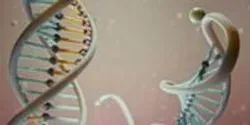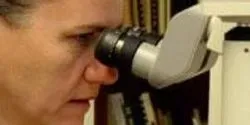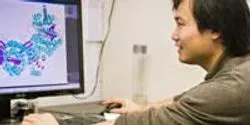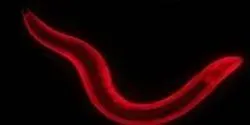Biological Sciences

The federal government has asked University of South Florida (USF) officials to return $6.5 million in federal grant money the university improperly used for salaries and equipment purchases, according to a report from the U.S. Department of Health and Human Services (HHS).

On May 9, the Global Medical Excellence Cluster (GMEC) announced a five-year collaborative agreement with Pfizer Inc. that provides a framework for the research and development of new and innovative medicines for rare diseases.

Scientists at The Scripps Research Institute (TSRI) have engineered a bacterium whose genetic material includes an added pair of DNA “letters,” or bases, not found in nature. The cells of this unique bacterium can replicate the unnatural DNA bases more or less normally, for as long as the molecular building blocks are supplied.

Bioengineers at the University of Rome Tor Vergata and the University of Montreal have used DNA to develop a tool that detects and reacts to chemical changes caused by cancer cells and that may one day be used to deliver drugs to tumor cells.

Technology capable of sampling water systems to find indicators of fecal matter contamination that are thousandths and even millionths of times smaller than those found by conventional methods is being developed by a team of researchers at Texas A&M University.















